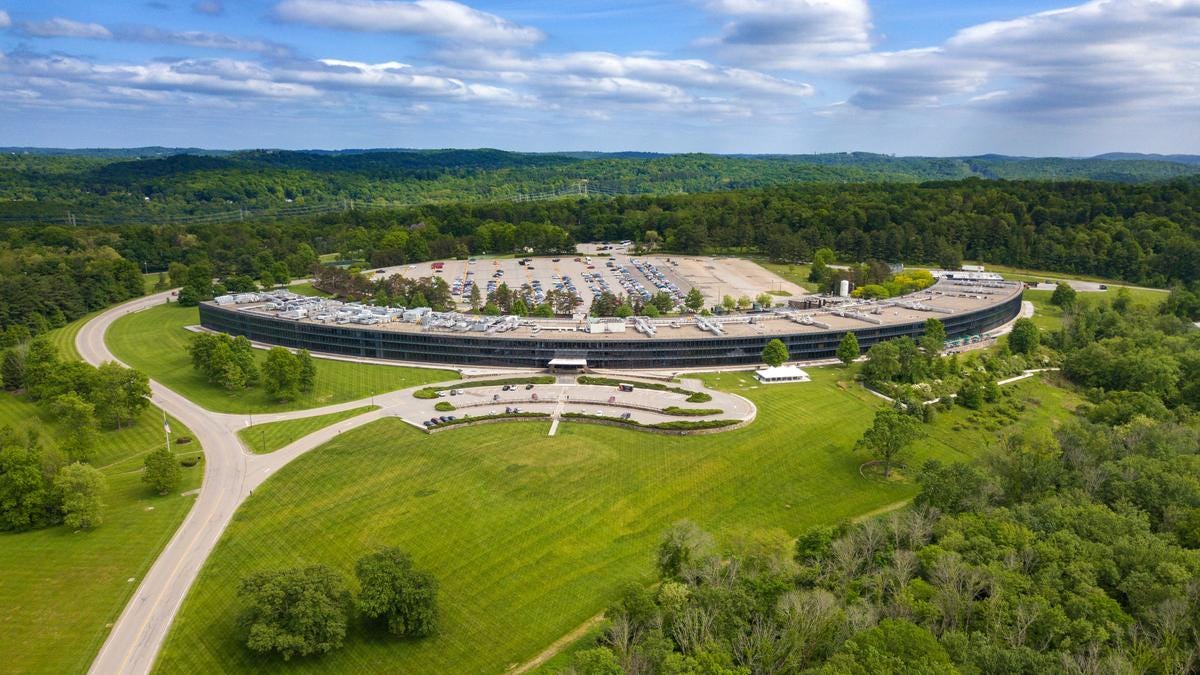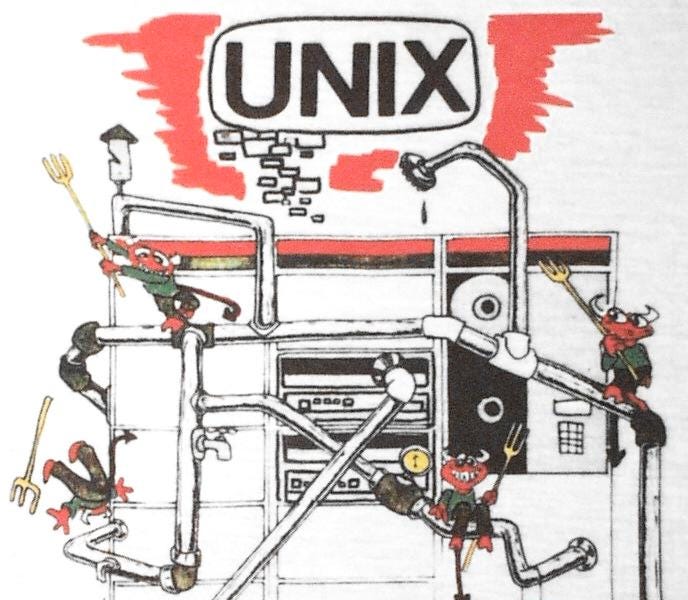
The Berkeley Software Distribution (BSD) history outlines the evolution of UNIX from its first public presentation in 1973, through legal and technical challenges faced by AT&T and early adopters, to its spread across academia and development into a widely influential open-source operating system. This pathway highlights key moments such as the first UNIX port outside of PDP-11 to IBM 360, the creation and distribution of BSD leading to significant advancements in operating systems, and the eventual wide-reaching impact of BSD on modern computing, including the development of macOS, NetBSD, OpenBSD, FreeBSD, and others.
Main Points
Public presentation of UNIX.
Initial public presentation of UNIX in 1973 received polite but subdued reaction.
AT&T's legal issues with distributing UNIX.
AT&T faced potential legal issues in distributing UNIX due to its monopoly position.
UNIX port to IBM 360.
The successful port to IBM 360 marked UNIX’s adaptability to varied hardware.
BSD's impact on modern operating systems.
Berkeley Software Distribution (BSD)’s significant contributions to operating system development, leading to the creation of many modern OSes.
Insights
Unix was initially presented in 1973 and received polite applause without apparent immediate interest.
The first public presentation of UNIX was made at the Symposium on Operating Systems Principles at the IBM Research Center in Yorktown Heights in October of 1973. Dennis Ritchie is quoted as saying it was a beautiful day, and Ken Thompson layered his own memories with a thick coating of modesty: ‘The audience was several hundred. I was pretty nervous. The response was the normal, polite applause. I don’t recall any questions.’
Unix distribution was complicated by AT&T's legal position as a nation-wide monopoly.
The American Telephone and Telegraph company had been established as a legal, nation-wide monopoly in the USA via the Kingsbury Commitment in late 1913. This position was further cemented during World War I when the United States’ federal government nationalized the phone system. Following the end of the war, the phone system went back into the hands of AT&T and the company achieved some rather remarkable regulatory capture with the Willis Graham Act of 1921 and the Communications Act of 1934.
The first Unix port outside of PDP-11 was to the IBM 360 at Princeton in 1976.
In this early time period, UNIX only ran on the PDP-11, but that changed in 1976. The first port was at Princeton where UNIX was ported to the IBM 360 in late 1976.
BSD ultimately led to a wide range of technological innovations and formed the basis of many modern operating systems.
Today, BSD is among the most common operating systems on Earth despite people not recognizing it as such. Modern macOS descends from 4.4BSD, as do NetBSD, OpenBSD, FreeBSD, Dragonfly BSD, and a few others. In the past, various versions of BSD formed the basis of SunOS, DYNIX, NeXTSTEP, Ultrix, and Tru64.
Links
- UNIX license from Western Electric to Katholieke Download
- ARPA Standard UNIX Report Download
- AT&T UNIX prices 1984 Download

